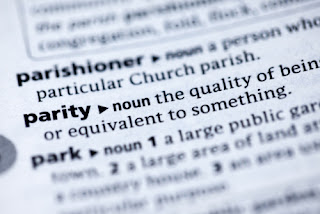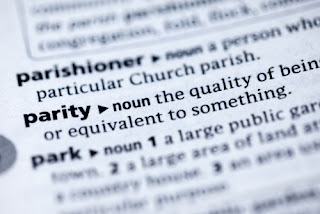Discriminating against people living with mental illness is not a new phenomenon. The fight for mental health parity for people living with conditions, including alcohol and substance use disorder, continues to this day. Even though patients are supposed to be protected by the Mental Health Parity and Addiction Equity Act of 2008 (MHPAEA) and the Affordable Care Act, evidence suggests that many people are being denied coverage.
U.S. Chief Magistrate Judge Joseph C. Spero ruled that UnitedHealth Group discriminated against consumers with mental health and substance abuse disorders, The New York Times reports. The federal judge in Northern California found that internal policies aimed at saving money violated its fiduciary duty under federal law.
The unit of UnitedHealth Group under fire is United Behavioral Health, the arm of the company that handles mental health treatments, according to the article. The focus of the lawsuit deals with the insurer’s practice of denying patient coverage for mental health services as soon as a treatment center stabilizes said patient’s acute symptoms.
“In our view, it’s a monumental win for mental health and substance abuse patients,” said D. Brian Hufford, an attorney with Zuckerman Spaeder. Mr. Hufford says that some insurance companies responded to parity protections by limiting coverage to only when patients were acutely ill.
Mental illness recovery is a long process; successful outcomes usually result from more significant lengths of stay in treatment centers. Since acute symptoms can subside in a matter of days or weeks, refusing to cover the costs at the time means many patients have no other choice but to discharge. When it comes to addiction—relapses and overdoses often occur following brief stays in rehab. Months of care are recommended for patients to develop a plan and to learn the coping skills for achieving long-term recovery.
What is Mental and Addiction Parity
Both the MHPAEA and the Affordable Care Act or ACA made it against the law for insurance companies to refuse coverage to consumers living with mental illness. While far from perfect, the signing of both bills into law is considered a landmark achievement. Such legislation forced private insurers to cover mental health and substance abuse disorders the same way they would any other serious medical condition (i.e., diabetes).
No longer able to impose tight restrictions on how they cover mental illness, Mr. Hufford said that some companies “came up with an even more insidious approach,” according to the article. One of the plaintiffs in the class-action lawsuit said her son died after he left the residential recovery center treating his substance use disorder. The insurer would no longer cover the cost of care.
“There is an excessive emphasis on addressing acute symptoms and stabilizing crises while ignoring the effective treatment of members’ underlying conditions,” said Judge Spero.
When a patient presents to addiction treatment, the drugs and alcohol can disguise or mimic other forms of mental illness. Making a proper diagnosis and formulating effective treatment plans is not a one-size-fits-all process; each case is unique; it takes time for clinicians to determine the best course of action. Through that lens, it is pretty straightforward for one to understand why discharging a client after their acute symptoms subside, is a dangerous practice.
Mental illness, whether it be depression or substance use disorder, are potentially life-threatening health conditions. Such diseases and many more have diagnostic criteria laid out in the American Psychiatric Association’s Diagnostic and Statistical Manual of Mental Disorders. When people receive the care these types of disorders require, they can go on to lead healthy and productive lives in recovery.
Southern California Addiction and Co-Occurring Disorder Treatment
One of our goals at Hope By The Sea is getting clients the ongoing insurance approval for them to experience a successful addiction recovery process. We provide our clients’ insurers with status reviews regularly to ensure continued treatment. Please contact us today to verify the benefits you have available for mental health treatment. Hope By The Sea can help you realize the miracle of recovery.


